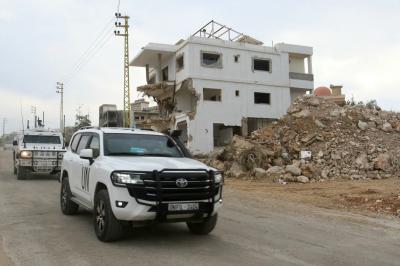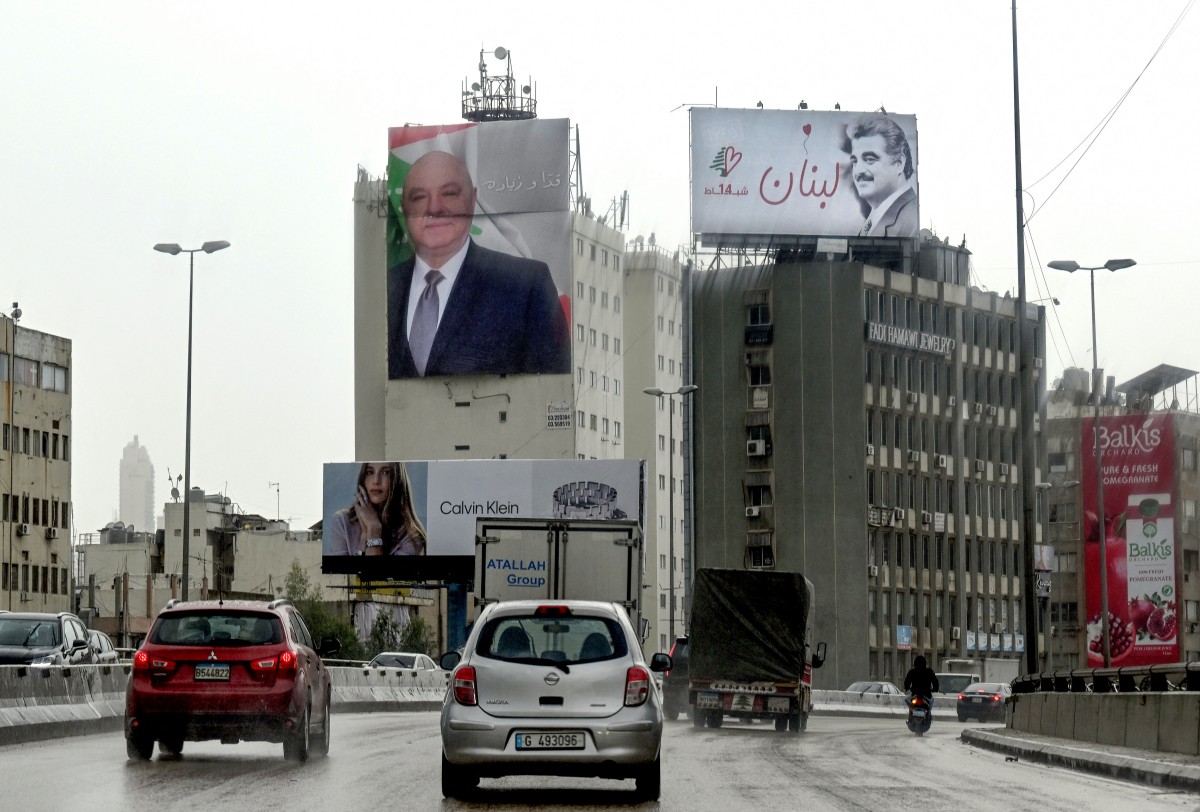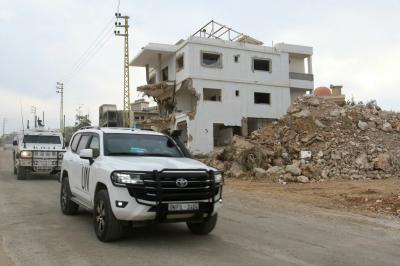As the ministerial committee begins drafting the statement on which the government will seek parliamentary confidence, the specter of political deadlock resurfaces.
Amid Lebanon’s pressing financial, economic, and social concerns, one issue dominates the debate: the role of the resistance. Specifically, the controversial tripartite equation championed by Hezbollah—Army, People, Resistance—which its political opponents reject as outdated, especially in the aftermath of Israel’s devastating war on Lebanon. But before Hezbollah and its rivals even reiterated their stances, the current administration had already set forth its own tripartite formula, displayed alongside a portrait of the newly elected president: Army, People, State.
Since forming his government, Prime Minister Nawaf Salam has relied on the “Book”—a reference to the Taif Agreement, which served as the basis for Lebanon’s constitutional amendments—to draft the ministerial statement. In his first televised interview, he pointed out that the agreement makes no mention of the resistance. Indeed, the term is absent from the Taif Accord, which instead emphasizes adherence to the armistice and the implementation of international resolutions.
The gradual disappearance of the word resistance from ministerial statements dates back to the 2014 government of Tammam Salam. At the time, the statement merely reaffirmed the implementation of UN Security Council Resolution 1701, while emphasizing the right of Lebanese citizens to resist Israeli occupation, respond to its aggressions, and reclaim occupied territories.
Ironically, over the years, the Lebanese public has remembered little from past ministerial statements except for the recurring debate over whether or not to include the right to resistance. Its inclusion or omission has been framed as a political victory or defeat, while other key provisions—many of them copy-pasted from previous statements—pass unnoticed. In theory, the statement serves as a roadmap for the government to secure parliamentary confidence. In reality, Parliament meticulously dissects it for the cameras, allowing MPs to flaunt their political acumen in televised debates, yet has never once rejected a statement or demanded substantial amendments.
Such is the nature of ministerial statements—carefully worded documents designed to secure confidence while containing financial and economic pledges that often remain, if not always, mere ink on paper. They stand as a testament to Lebanon’s deep-rooted crisis and the political charade of consensus-building, where every clause is subject to partisan wrangling under the notorious 6 and 6 bis formula.
From his appointment to the formation of his government, Nawaf Salam has remained steadfast in his commitment to upholding the Constitution in its entirety. He has hinted at administrative decentralization, the abolition of political sectarianism, and a financial and economic reform plan—one that excludes the notion of depositors’ funds being written off. He has also pledged to implement UN Resolution 1701.
Given past experiences, some have advised him to temper his ambitions and draft a concise ministerial statement, particularly since his government’s lifespan is unlikely to exceed one year and two months, half of which will be spent preparing for parliamentary elections.
If the president’s inaugural address outlines a long-term vision for his mandate, the government’s situation is different. With time constraints and urgent priorities, it must focus on security, administrative, and judicial appointments. More than 200 public sector vacancies remain unfilled, creating a bureaucratic vacuum that the government is expected to address. Among the most pressing appointments are those of a new central bank governor and army commander—both of which will require lengthy negotiations between the government, the presidency, and Parliament. Yet, none of these matters are mentioned in the ministerial statement, nor in the Constitution, except for the implicit 6 and 6 bis rule that dictates sectarian parity in senior government appointments.
In essence, Lebanon’s most consequential decisions are made outside the framework of the ministerial statement. If governments were truly held accountable for implementing their statements, few would complete their terms. This raises the question: why have both a presidential agenda and a ministerial statement when the Constitution does not grant the president the authority to unilaterally fulfill his promises? Nonetheless, the prolonged presidential vacuum and Michel Aoun’s election had given the public hope, leading many to believe in the new administration’s commitments.
So why shouldn’t Nawaf Salam’s government align itself with the president’s vision, adopt it as its own, and seek parliamentary confidence based on that? In theory, there is no objection. However, the “Book” that the prime minister adheres to constantly reminds him of the separation of powers, which requires him to draft his own government agenda.
A stance that respects the legal framework but disregards Lebanon’s dire circumstances and urgent needs. Without political will and consensus, the ministerial statement will remain just another text, a collection of commitments that never materialize.
This is the recurring pattern with every newly formed government—battles over wording, carefully crafted phrases, and legal references designed more for show than for substance. The issue is not in the text itself but in the ritualistic nature of drafting a statement that is rarely implemented. Thus, the ministerial statement becomes yet another exercise in empty promises, a series of commitments that begin as pledges and end with nothing but “on my word”—unless, against all odds, Nawaf Salam’s government proves to be an exception. And that is the real question at stake.
Please post your comments on:
[email protected]
 Politics
Politics













